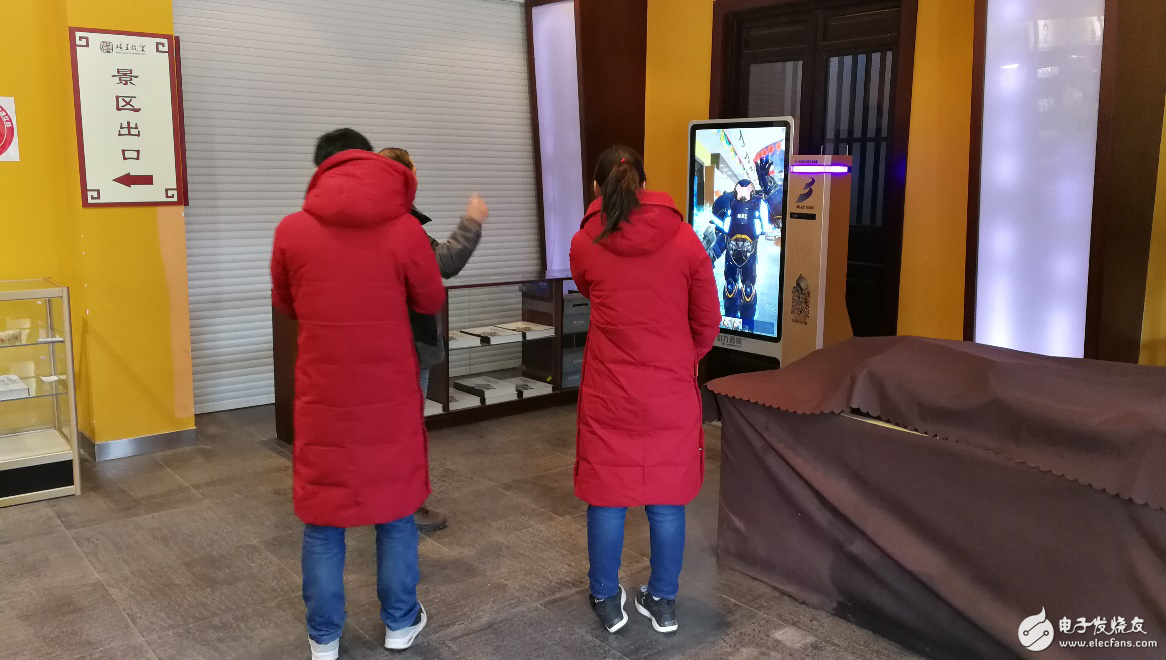Cloud Innovation is driving the creation of a nearly trillion-dollar ecosystem. However, this is just the beginning. The next evolution in computing logic is blockchain technology.
The cloud was the first major shift away from centralized systems. Companies used to rely on physical server rooms to store data and access processing power, but maintaining these required constant security, updates, and infrastructure management. By moving to the cloud, businesses could break free from hardware limitations and scale more efficiently.
Today, companies can operate from anywhere and hire remote teams with ease. Computers and smartphones act as bridges, allowing more processing power to be distributed beyond traditional setups.

**Cloud-Distributed Workforce**
Blockchain now introduces a second phase in computational architecture. Through its decentralized ledger system, it creates a secure, transparent, and democratic network. This leads to tamper-proof applications, reliable services, and enhanced trust in digital interactions.
**Blockchain Decentralized Calculation**
In blockchain, miners solve complex mathematical problems to validate transactions and maintain network consensus. In return, they receive cryptocurrency rewards. These miners form a global node network that stores and processes data across the system. Their computing power is allocated to:
- Maintain a full copy of the blockchain
- Verify and process transactions
- Execute smart contracts and decentralized apps (DApps)
Ethereum is one of the most widely used blockchain platforms, offering developers the Ethereum Virtual Machine (EVM) to build DApps. These applications run on the blockchain, decentralizing backend operations instead of relying on a single server.
Unlike traditional cloud applications, which often use redundancy across a limited number of nodes, blockchains like Ethereum have thousands of globally distributed nodes. This ensures resilience, transparency, and security.
While the cloud moved servers out of corporate buildings and centralized processing, blockchain takes it a step further by distributing computing power across the globe. It leverages the entire internet’s resources, challenging the perception that cryptocurrencies are just speculative assets.
In reality, they represent a more secure and efficient way to exchange value and manage digital infrastructure. Blockchain enables a new kind of internet and cloud—Internet/Cloud 2.0—that enhances security, supports AI, IoT, and digital record-keeping, and opens up massive opportunities across industries. This is a trillion-dollar revolution, and we’ve only just begun to scratch the surface.
Outdoor Cabinet Air Conditioner
Industrial Air Conditioner,Cabinet Heat Exchanger,Peltier Air Conditioner,Industrial Aircon
Guangdong Yuqiu Intelligent Technology Co.,Ltd , https://www.cntcetltd.com